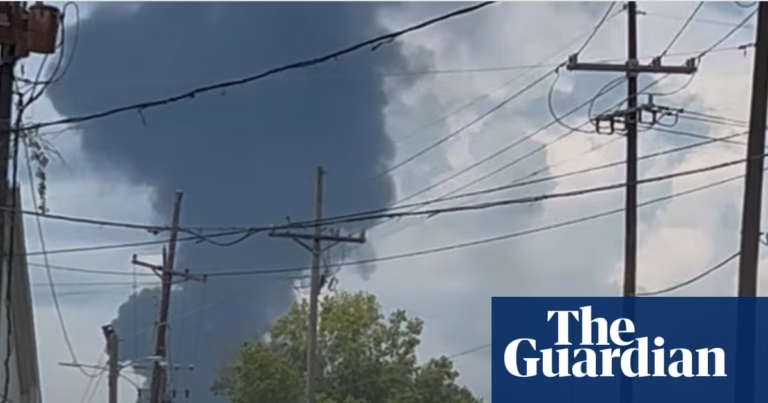On 9 March 2020, Martin Landray was studying the likely impact of Covid-19 as it started to sweep Britain. He realized the need for a method to find cheap, effective drugs that might limit the impact of the Sars-CoV-2 virus filling UK hospitals with dangerously ill patients.
Within 10 days, Landray, collaborating with Oxford University colleague Peter Horby, established Recovery – a drug-testing programme involving thousands of doctors and nurses working with tens of thousands of Covid-19 patients in UK hospitals.
Trials conducted in crowded wards quickly showed that several overhyped drugs, such as the antimalarial hydroxychloroquine, were ineffective. Simultaneously, dexamethasone, a cheap treatment for inflammation and arthritis, was found to reduce deaths by a third among ventilated patients, a discovery credited with saving over a million lives worldwide.
Recovery was one of the UK’s most significant scientific triumphs in the battle against Covid. Yet, Landray remains cautious, emphasizing the rapid setup’s luck and the potential for a slow, committee-driven process to hinder future responses.
This concern is shared by many scientists, including Prof Adam Finn of Bristol University, who notes that Britain risks forgetting Covid pandemic lessons amid its success with Recovery and vaccines, highlighting the mistake of prolonged school closures as a forgotten lesson.
Prof Mark Woolhouse of Edinburgh University supports this view, criticizing the scientific advisory system’s performance and advocating for improvements in evidence sampling and advice distillation.
Woolhouse also criticizes the delayed deployment of lateral flow tests, citing the missed opportunity for a more timely response that could have prevented further lockdowns. Prof Sir Andrew Pollard warns of the UK’s insufficient pandemic preparedness and the need for increased investment in health security.








